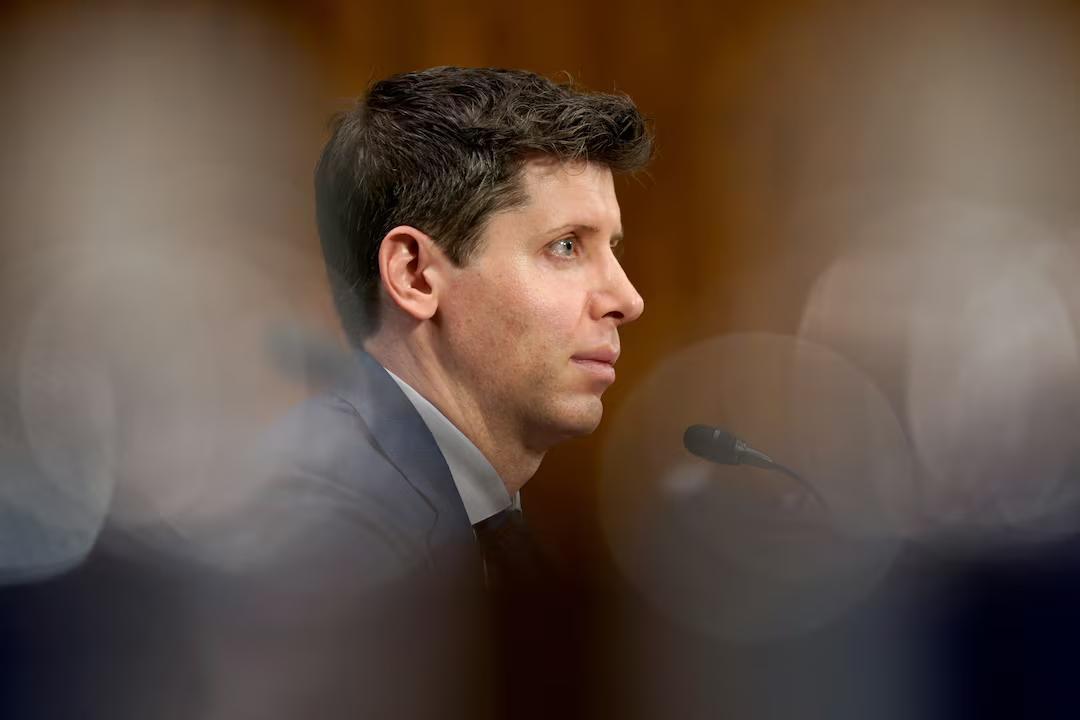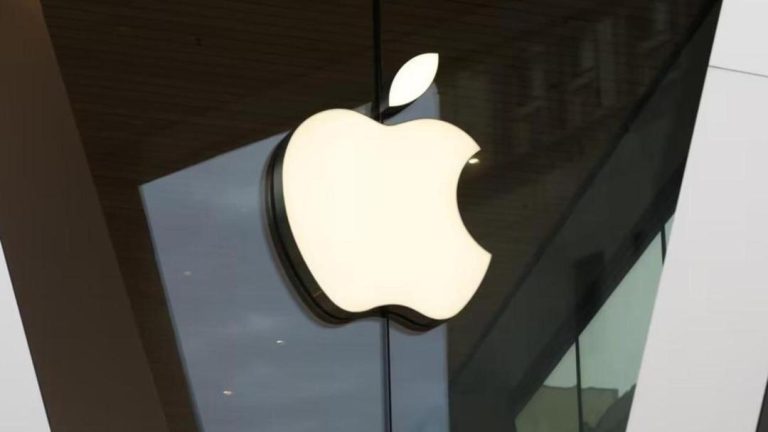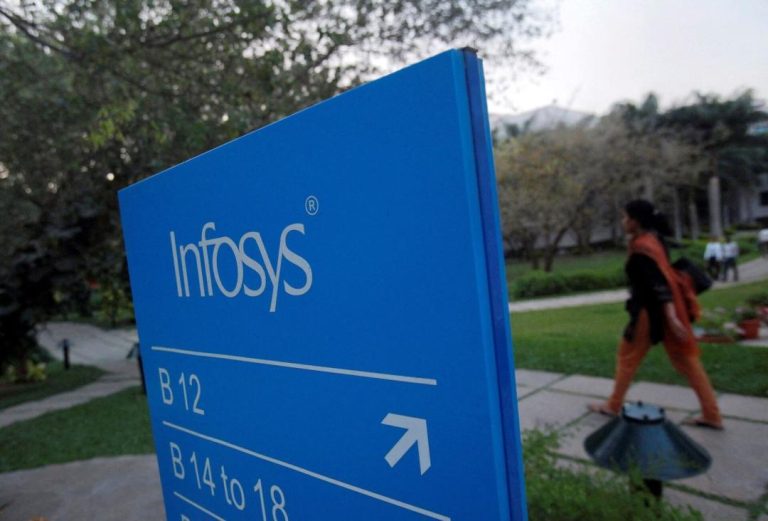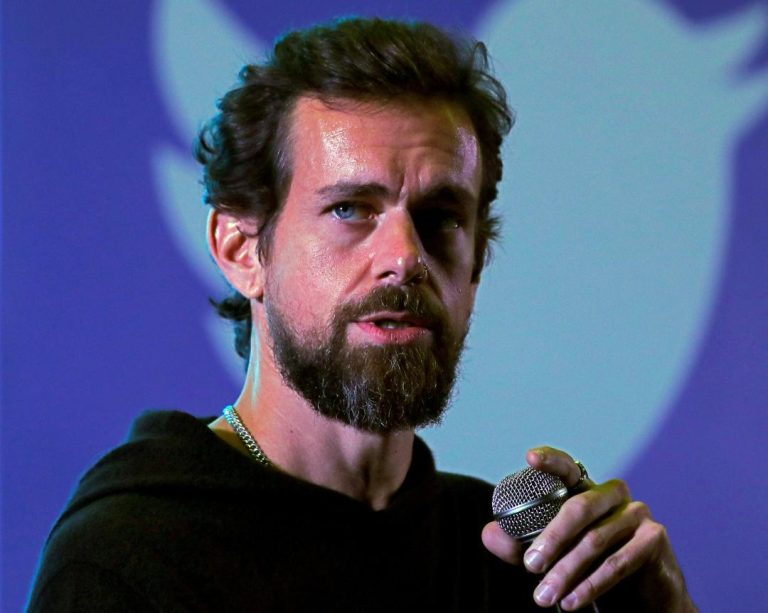
OpenAI Poaches AI Talent from Meta & Others After Meta’s Poaching: Report
In a bold move, OpenAI has countered Meta’s poaching spree by hiring four high-profile engineers from Meta, xAI, and Tesla to join its scaling team. This development comes as a response to Meta’s repeated attempts to poach AI talent from across the tech industry.
According to a recent report by WIRED, OpenAI has hired David Lau, the former VP of software engineering at Tesla, Uday Ruddarraju, the ex-head of infrastructure engineering at xAI, Mike Dalton, an xAI engineer, and Angela Fan, a researcher at Meta AI. These hires are expected to play a crucial role in scaling OpenAI’s operations and advancing its AI capabilities.
This move is significant, as it marks a reversal of the traditional poaching dynamics in the tech industry. Typically, larger companies like Meta and others poach top talent from smaller startups or rivals, giving them a competitive edge. However, in this case, OpenAI has taken the initiative to poach talent from its rivals, demonstrating its confidence in its own capabilities and its commitment to building a strong team.
The hires are a testament to OpenAI’s growing influence in the AI landscape. Founded in 2015 by Elon Musk, Sam Altman, and others, OpenAI has made significant strides in AI research and development, particularly with the launch of its flagship AI model, ChatGPT. The company’s AI models have been trained on massive datasets and can perform a wide range of tasks, from answering questions to generating text and images.
Meta, on the other hand, has been aggressively poaching AI talent from across the industry. The company has hired top AI researchers and engineers from startups and rivals, including OpenAI’s rival, AI21 Labs. Meta’s poaching spree has been seen as a strategic move to bolster its AI capabilities, particularly in areas like natural language processing and computer vision.
However, OpenAI’s counter-move has sent a clear message to the tech industry: the company is not going to be intimidated by Meta’s poaching efforts. By hiring top talent from Meta and other rivals, OpenAI is demonstrating its commitment to building a strong team and advancing its AI capabilities.
The hires are also significant because they bring a wealth of experience and expertise to OpenAI. David Lau, for example, has a strong background in software engineering, having led the development of Tesla’s Autopilot system. Uday Ruddarraju has a deep understanding of infrastructure engineering, having worked on xAI’s infrastructure team. Mike Dalton has expertise in AI engineering, having worked on xAI’s AI models. And Angela Fan has a strong research background, having worked on Meta AI’s research team.
The implications of these hires are far-reaching. They demonstrate that OpenAI is a serious player in the AI landscape and is willing to invest in building a strong team to advance its AI capabilities. They also set a new precedent in the tech industry, where companies may need to rethink their poaching strategies and focus on building strong teams rather than just poaching top talent.
In conclusion, OpenAI’s hiring of four high-profile engineers from Meta, xAI, and Tesla is a significant development in the tech industry. It marks a reversal of the traditional poaching dynamics and demonstrates OpenAI’s commitment to building a strong team and advancing its AI capabilities. As the AI landscape continues to evolve, this move may set a new precedent for companies to focus on building strong teams rather than just poaching top talent.






